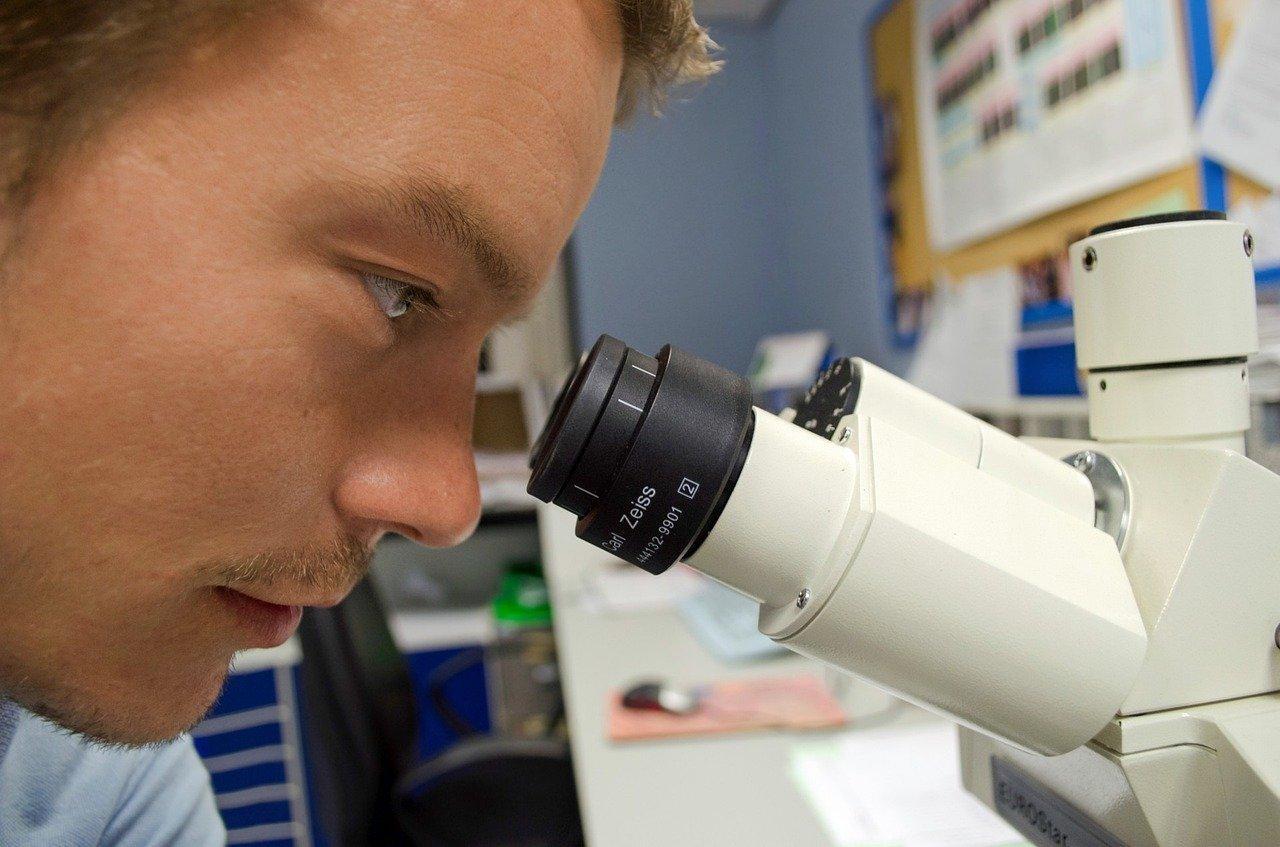The Biopharma sector has grown significantly during the past 25 years globally. Excellent science was only able to make it what it is today. While some businesses, executives, and academics gain notoriety, many identities are buried in history, and their extraordinary accomplishments are virtually ignored.
Over the past several hundred years, numerous unsung men and women have made important technological discoveries, resolved challenging medical issues, and developed novel materials. Here is a list of three people we believe made a significant impact, despite the difficulty of selecting just a few from such a lengthy list.
Charles Church
He has launched almost 30 businesses in the past 20 years. He has over 100 registered patents from the past 40 years. At 67 years old, he is still going strong. He applied for 20 patents last year.
Church, Ph.D., created the first direct genomic sequencing technique before he turned 30. He established the foundation for CRISPR technology in major research published three decades later. He then started editing pig genes with CRISPR to make it possible to transplant their organs into people.
He has used gene therapy, like the modern lentiviral gene therapy companies, to treat aging-related illnesses and slow down the aging process. In addition, he hopes to reverse global warming by reviving the woolly mammoth.
Furthermore, Church also developed a dating app that matches people based on their DNA. Additionally, he auctioned an NFT of his entire genome for $54,000 last year to encourage individuals to donate their genetic information.
Unconventional thinker. A pioneer in science. Serial business owner innovative maverick Embarrassingly iconoclastic. Disrupter of the status quo. Church, a lone figure on a never-ending search for knowledge, ticks all these boxes and more.
Church is credited as saying that “the best way to foretell the future is to change it.”
Karoly Ereky
Károly Ereky merits a spot on this list, if only because he coined the term “biotechnology” to characterize the use of biology to turn raw materials into useful goods. He was a Hungarian agricultural engineer who was knowledgeable about the food business and intended to use scientific concepts to increase the effectiveness and efficiency of food production.
He wrote a book, for instance, that discussed the potential use of leaf proteins as a food source. He was appointed the Hungarian Minister of Food in 1919 and is sometimes referred to as the “father” of biotechnology.
Wilhelm Roux
Wilhelm Roux was a practicing physician, but he devoted much of his career to studying the embryology of mammals, birds, and amphibians. The German researcher is most recognized for developing tissue culture concepts, an incredibly popular method in contemporary labs.
He used a technique that was later improved and developed by other scientists to maintain neural cells isolated from a chicken embryo alive in a warm saline solution for 13 days in an experiment performed in 1885. In investigations utilizing frog embryos, he also made insightful insights about cell dispersion during embryo development.

Summarizing
These CEOs have successfully advanced research and introduced ground-breaking medicines and treatments to market in a variety of fields, including vaccine development, oncology, regenerative medicine, vascular disease, autoimmune disease, pain management, neurodegenerative disease, ophthalmology, and others.
Some of these advancements were made after extended, difficult research and development periods, while others were made in record time. Notably, a significant portion of the honorees has effectively led their organizations through periods of tremendous organizational and financial expansion.












